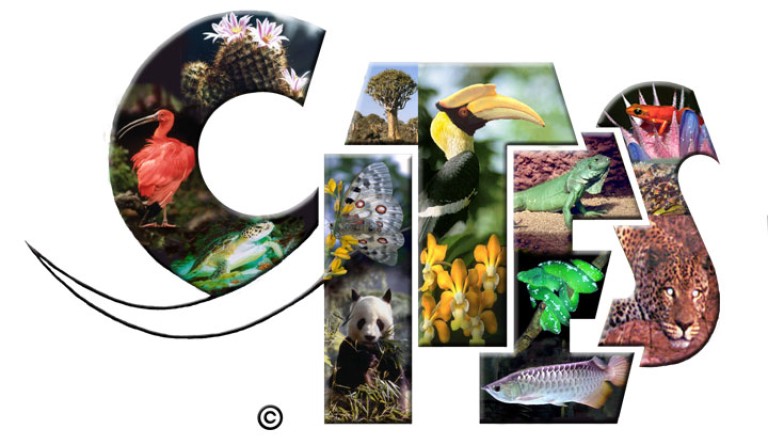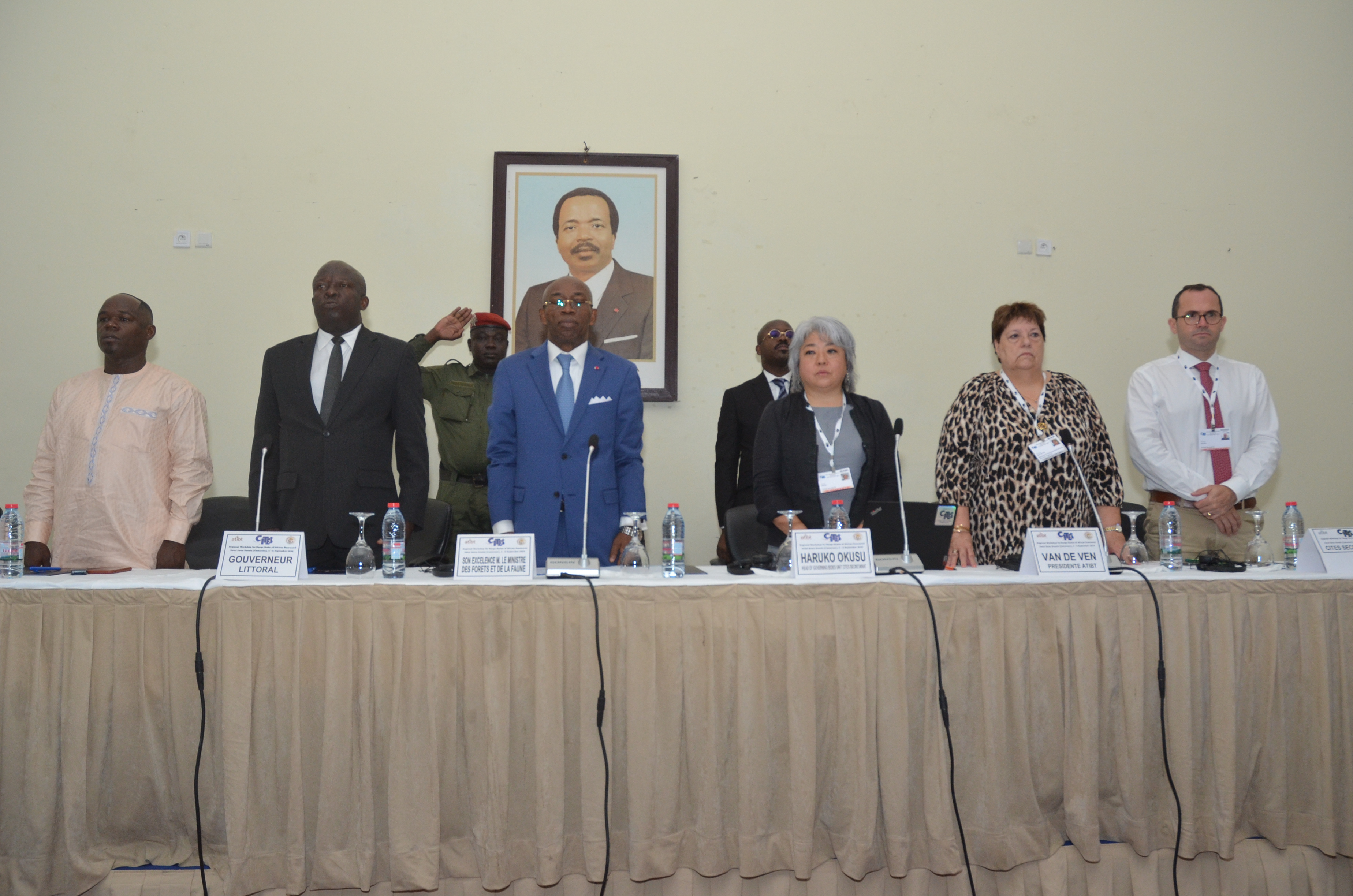

20.09.2024
From the 2nd to the 6th of September 2024, the ATIBT supported the CITES Secretariat in organizing a regional workshop in Douala, Cameroon, on Non-Detriment Findings (NDFs) and Legal Acquisition Findings (LAFs). The event, which took place at the SAWA Hotel, was aimed at helping range states of Pterocarpus erinaceus to implement the recommendations of Article XIII of CITES.

The objective of the workshop was to catalyse at the regional level the implementation of the recommendations of the accelerated CITES Article XIII and the review of significant trade processes for Pterocarpus erinaceus, through a theoretical and practical approach to capacity building for the preparation of NDFs and LAFs for the species. Emphasis was also placed on customs procedures in Cameroon, in particular during an enriching visit to the port of Douala. The workshop also provided an opportunity to discuss funding opportunities under the CITES Tree Species Project (CTSP).
Sixty-three participants took part in the workshop, representing 18 Parties and 8 governmental and non-governmental organisations, the observers.
The ATIBT, in close collaboration with the Cameroonian authorities, coordinated the logistical activities and prepared technical elements for the workshop. Among the speakers from the ATIBT, Nicolas Bayol, Research Director at FRM and Chairman of the Forestry and Industry Commission, shared insights on forest management and the development of NDFs in line with the principles of CITES module 10. Franck Monthe, head of the CITES programme at ATIBT, analysed the consistency between the Pterocarpus erinaceus NDFs produced by Ghana, Mali and Sierra Leone and the principles of forest management as set out in module 10. Finally, Françoise Van de Ven, president of the ATIBT, presented the links between CITES and the timber sector.
Key results
On the elaboration of NDFs:
On the implementation of LAFs and traceability:
For the ATIBT, this workshop provided a unique opportunity to establish solid relations with CITES officials from other regions of Africa. These connections will be particularly strategic at forthcoming CITES international meetings, especially when it comes to defending positions on the preservation of exploited species, particularly those listed in the convention's appendices.
Access all the information about the workshop
 ATIBT
ATIBT